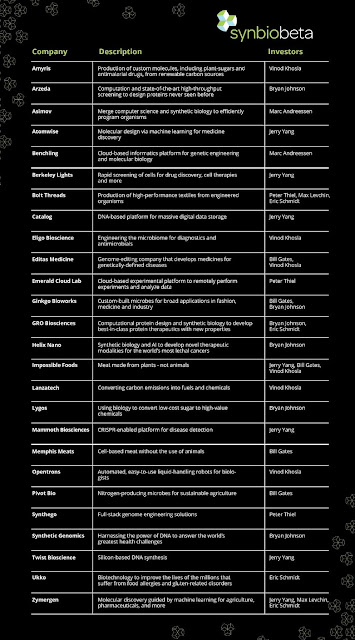We're also the generation that increasing finds fault with the generations that follow us. Take your participation trophies and get off our metaphorical lawns. Got it, snowflake?
What I didn't know until today is that younger generations have a meme to mock us: "OK Boomer." InsideHook says the phrase "...has become a mass insult Generation Z routinely hurls at the un-woke." As Urban Dictionary defines it:
When a baby boomer says some dumb shit and you can't even begin to explain why he's wrong because that would be deconstructing decades of misinformation and ignorance so you just brush it off and say okay.I'm thinking that there is a lot about our current healthcare system that must make younger generations roll their eyes and just say, "Ok Boomer."
One 19 year-old told The Times: "The older generations grew up with a certain mind-set, and we have a different perspective...Teenagers just respond, ‘Ok, boomer.’ It’s like, we’ll prove you wrong, we’re still going to be successful because the world is changing.” Another complained: "Everybody in Gen Z is affected by the choices of the boomers, that they made and are still making. Those choices are hurting us and our future."
Similarly, NBC News said:
The phrase is a culmination of annoyance and frustration at a generation young people perceive to be worsening issues like climate change, political polarization and economic hardship. The 10 teens and young adults who spoke to NBC News about the phrase said “OK boomer” marked a boiling point for Gen Z and younger millennials, who feel pushed around or condescended to by older generations.It is already being merchandised, and there is, of course, a song:
Our healthcare system was, in many ways, shaped by the Greatest Generation: anchored around big institutions like hospitals and health insurance companies, with expectation of acquiescence to authority and tolerance with waiting and certain indignities.
Despite our rebellious youth, Boomers have done precious little to really reshape the healthcare system we inherited. If anything, it has gotten even bigger, more monolithic, more specialized, and certainly more expensive. Meanwhile, we're less healthy and living less long.
Boomers are proud of ourselves for using Dr. Google to do research and (sometimes) challenge our doctors, but our idea of victory is to have options like patient portals, televisits, and Apple Watches, none of which we actually use very much nor have done much to deliver real change to the healthcare system.
OK Boomer.
A healthcare system built by the Greatest Generation and only tinkered with by the Boomers is not going to cut it for Millennials/Gen Z. Our healthcare system is much like climate change: it is already a disaster and is only going to get much, much worse unless we take drastic actions quickly. Yet we do not. As Greta Thunberg has shamed us, how dare we?
 |
| Credit: CS News |
The healthcare system they are going to demand will end up giving them experiences more like what they have come to expect elsewhere:
- It will be more on-demand;
- It will be more on-demand, 24/7;
- It will be more participatory and more based on sharing/community;
- It will use technology that makes us feel more comfortable, rather than intimidating us;
- It will be more interactive and more fun;
- It will be built into the fabric of our lives.
 |
| Chelsea Stahl / NBC News |
Boomers seem to think that passing MedicareForAll (whatever that means) and maybe trying to legislate away high drug prices or surprise bills is what we need. That's not going to cut it. We're just stepping on the gas of a car already headed towards the cliff.
OK Boomer.
As The Times reported: “You can keep talking,” Ms. Kasman said, as if to a boomer, “but we’re going to change the future.”
I don't know what kind of a healthcare system Gen Z/millennials will come up with when they finally turn their attention to it -- they have a lot of other, more-pressing-to-them issues on their plate -- but I know they can't do any worse than we've done.
Personally, I can't wait to see.
















